HEART OF GOLD PRODUCTION REPORT THREE
For the past two weeks, I have more or less been shooting non stop in Kibi, in the Eastern Region of Ghana. Kibi is the town of my birth, which is one reason why I chose to base the film around the town. It also happens to be the the centre of the Akim Abuakwa region, through which the river Brim flows and the river and it’s relationship to gold is not only central to the mythology of gold in this area, but also, therefore, central to the imagery of the film.
March and April happen to be the hottest part of the year in Ghana and I must say that after each day of shooting, I was thoroughly exhausted. Though there is not supposed to be much rain at this time of the year, it has rained twice during my time here. And when it rains, it pours violently and is always accompanied by heavy thunder and lightening. Luckily, I was able to utilise this to my advantage, as I had been hoping for rain for one scene.
I hadn’t realised before I arrived that there was a solar eclipse due during my stay. This happened to be extremely fortunate for me, as I quickly made changes to a scene I had planned in order to encorporate the eclipse. It has added a whole new dimension to a key scene, and hopefully the film overall, and it was very interesting shooting during the eclipse. An eclipse happens very quickly and we had to be fast to capture the key elements of it.
The story revolves around a boy who finds a lump of gold and doesn’t quite know what to do with it. In the process, he meets a number of people who are able to tell him stories about gold. He also has a number of experiences with the gold and it is through these encounters and experiences that we get to feel and understand the significance of gold and the relationship people have with it here. I can only describe the film as a poetic film: it mixes what we traditionally think of as fiction with documentary in a free manner. Howwever, even the so called fiction elements are rooted in stories I have been told. I cast a boy, Kwasi Akufo (13), from a local school and had him play the part of the boy. The people he meets and speaks to are all beeing themselves (Kwasi knows them all anyway) and I am also including interview elements organically into the story. Moments in the film will also be sublime, mysterious and almost magical. In this way, I hope to create an approach to ‘documentary’ form which will allow us a different kind of insight into the subject; an insight which I hope will have transcendental qualities to it. As I pointed to to the Arts and Humanities Research Council, one of my objectives is to find ways in which to work with the form to allow spiritual feelings, transcendental feelings and mythology to be treated equally to imperical factual observation. In other words, to treat these elements as equally real.
Working with Kwasi Akufo and the many other people in the film has been a joy. Kwasi quickly got into the groove of shooting, as well as the procedures and the terminology associated with filmmaking. His ability to both work on the basis of taking instructions and his ability to improvise with the people he met was fantastic. He had no preconceived ideas as to what he should be doing as an ‘actor’ and was therefore able to just be himself. Likewise many of the other contributors felt very natural in front of the camera and it once again helps confirm my belief that the best people on screen are those who are not actors, but ordiary people who have no pre-conceived ideas about what they should be doing. When casting for the boy, I was primarily interested in his eyes: can he hold a look? Can he take direction with what to do with his eyes?
While I have been here, I have also been working with the composer for the film, Lionel Lawson. He has composed some wonderful music and he is just making a few changes to this music before I leave. My co-producer here in Ghana, Doris Adabasu Kuwornu, has been an immence help with sorting out people and making sure that the necessary arrangements were made. She has been able to facilitate excellent access for me and the good will I have received from people on the ground in the Akim Abuakwa area is, in no small measure, down to making sure that propper procedures and courtesies were followed early on in the research stage.
I am looking forward to putting the whole thing together and shall keep you posted on further developments.
